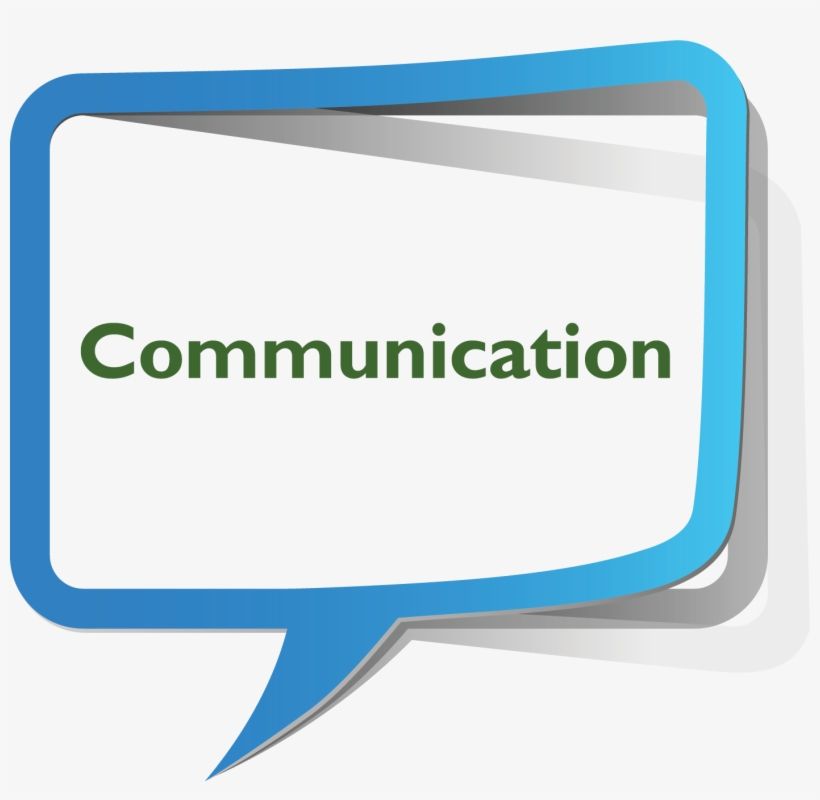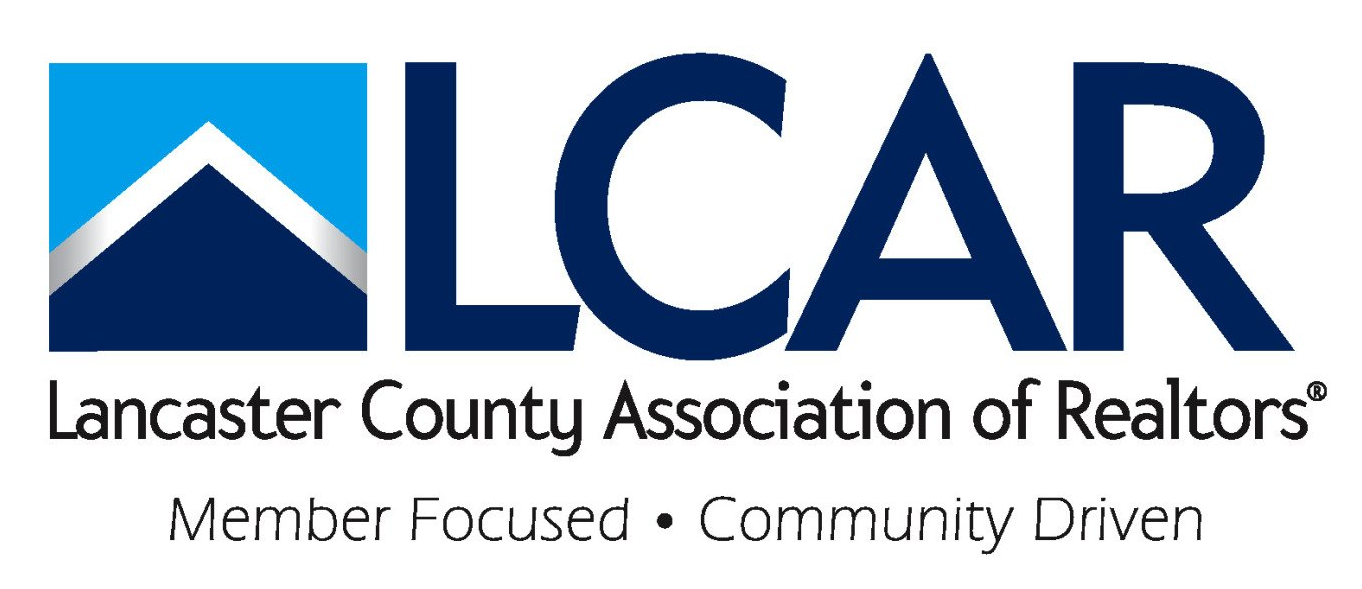Communication Etiquette


Whether it’s a relationship, government, the workplace, or somewhere in between, communication is everything. Without it, it all falls apart. And that holds especially true in real estate. Communication influences how smoothly a transaction goes, and can decide whether or not a transaction is ultimately successful. It also influences our business and how successful we are as agents. So you would think that with the modern convenience of computers, tablets, and smartphones, that we would have this communication thing down pat.
But that isn’t always the case.
I hear it from agents all the time: “So and so is terrible at communication. It takes forever for them to respond to me”. Sure, we’ve all been guilty of not communicating the best. Between running a business as well as just living our lives, forgetting to respond to an email or texting a client about an update can happen from time to time. But just like making a mistake, you don’t want to keep repeating it. This is all common sense. But there are still some things that we can practice to help our communication skills.
This day and age, there are so many different ways we can communicate with one another. Whether it be by mail, email, text, phone call, or carrier pigeon, if you need to get in touch with someone, there’s a way to do it. But it’s a good idea to use the appropriate form of communication for what needs to be communicated. For Instance, if it’s an urgent matter such as a hot water heater leaking during a pre settlement walkthrough, you might want to call the listing agent instead of emailing them about the issue. Just like it might be better to forward an offer via email than through text. You get the idea. Sometimes it makes sense to use more than one method for the same purpose. For example, if you email an agent an offer, it’s a good idea to call or text that agent to let them know that you emailed it to them. That way there is zero possibility that they missed your clients offer.
Being consistent with what form of communication you use is also important. If you’re working with an agent on a transaction and are constantly switching between text, email, and voice calls, it can be hard to keep track of important information if you ever need to fall back on a previous conversation. If you start out communicating using email, maybe try sticking with that. Same with texting and phone calls. This not only helps you keep track of conversations, but can provide time stamps for your conversations depending on the form of communication.
As important as it is to communicate well with other agents, lenders, title officers, contractors, etc., it’s just as important if not more so to have good communication with your clients. If your client sees you as being a poor communicator, you’re in for a world of trouble. Poor communication not only makes you look unprofessional in their eyes, but it can also have a severe negative impact on your business and your overall success. As we sell more homes, we get more referrals (at least that is the idea), so even if you see a transaction all the way through to the settlement table, if your client had a bad experience working with you then they are less likely to refer you to a friend or family member. And the number one reason clients have when they state why they had a bad experience working with their agent is that their agent was poor at communication. So it is extremely important to communicate with them. Anytime something changes during a transaction such as deadline being met, or a contingency being removed, it is wise to notify our clients immediately. Even if everything is going as smooth as sandpaper its always a good idea to touch base with a client at least once a week just to check in with them and let them know that things are still on track.
So what are some tips that ultimately we can use to be better communicators? One thing we can do when starting communication with someone, be it an agent, a lender, or a client, is to ask them what their preferred method of communication is. Everyone has their own preference when it comes to communication. So if an agent says they prefer to communicate via phone call, then that’s probably the best way to get a hold of them. And if someone doesn’t like using email, you may not want to email that person if you want to get information to or from them. Email in particular seems to be less and less popular, especially among newer agents. I know agents who flat out just don’t use it. But also given the amount of spam we all get on a daily basis, it can be easy to completely miss an important email even if you check it every ten minutes. So knowing how someone prefers to be communicated with can go a long way in keeping the dialogue going.
Again, these are just some helpful tips to hopefully help improve the movement of dialogue in your business. Because after all, communication is key
Facts, opinions and information expressed in the Blog represent the work of the author and are believed to be accurate, but are not guaranteed. The Lancaster County Association of Realtors is not liable for any potential errors, omissions or outdated information. If errors are noted within a post, please notify the Association. Posts represent the author's opinion and are not necessarily the opinion of the Association.










